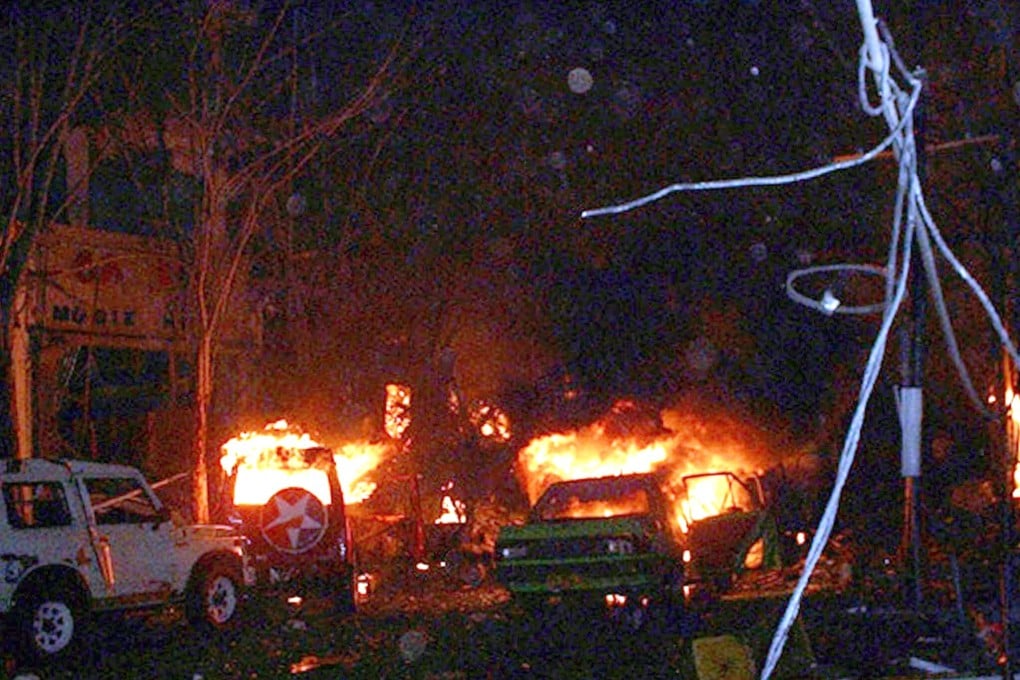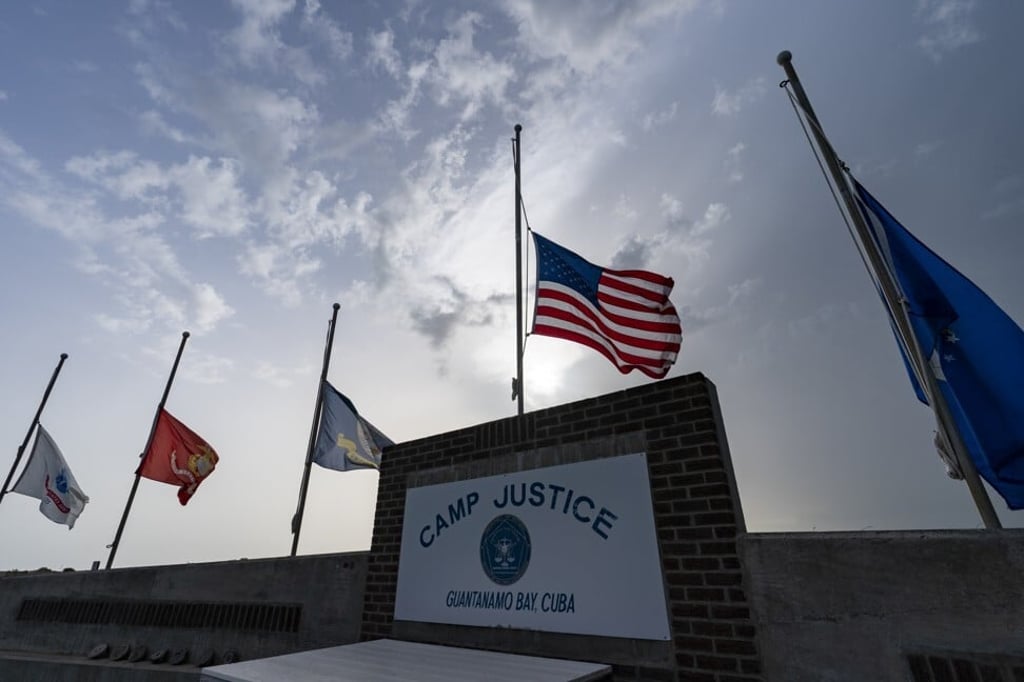Bali bomb case starts in Guantanamo Bay 18 years after capture of suspects
- Indonesian prisoner Encep Nurjaman, known as Hambali, and two Malaysians started their arraignment at a hearing at the US base in Cuba
- The suspects face charges that include murder, conspiracy and terrorism over the 2002 nightclub bombings that killed 213 people

Three prisoners at the Guantanamo Bay detention centre had their first day in court on Monday after being held by the US for 18 years in connection with the deadly 2002 Bali nightclub bombings and other plots in Southeast Asia.
Indonesian prisoner Encep Nurjaman, known as Hambali, and two Malaysians started their arraignment at a hearing at the US base in Cuba that repeatedly stalled because of issues involving courtroom interpreters. They face charges that include murder, conspiracy and terrorism. It is merely the first step in what could be a long legal journey for a case that involves evidence tainted by CIA torture, an issue that has caused other war crimes cases to languish for years at Guantanamo.
The hearing also comes as the Biden administration says it intends to close the detention centre, where the US still holds 39 of the 779 men seized in the aftermath of the September 11 attacks and invasion of Afghanistan.
The three men charged in connection with the nightclub bombings were held in secret CIA confinement for three years, followed by 15 more at the isolated US base in Cuba.
“It’s almost 20 years later, witnesses have died, the landscape has changed dramatically,” said Brian Bouffard, a lawyer for Mohammed Nazir bin Lep, one of the Malaysians, before the hearing. “In my view, it’s fatal to the ability to have a fair trial.”
